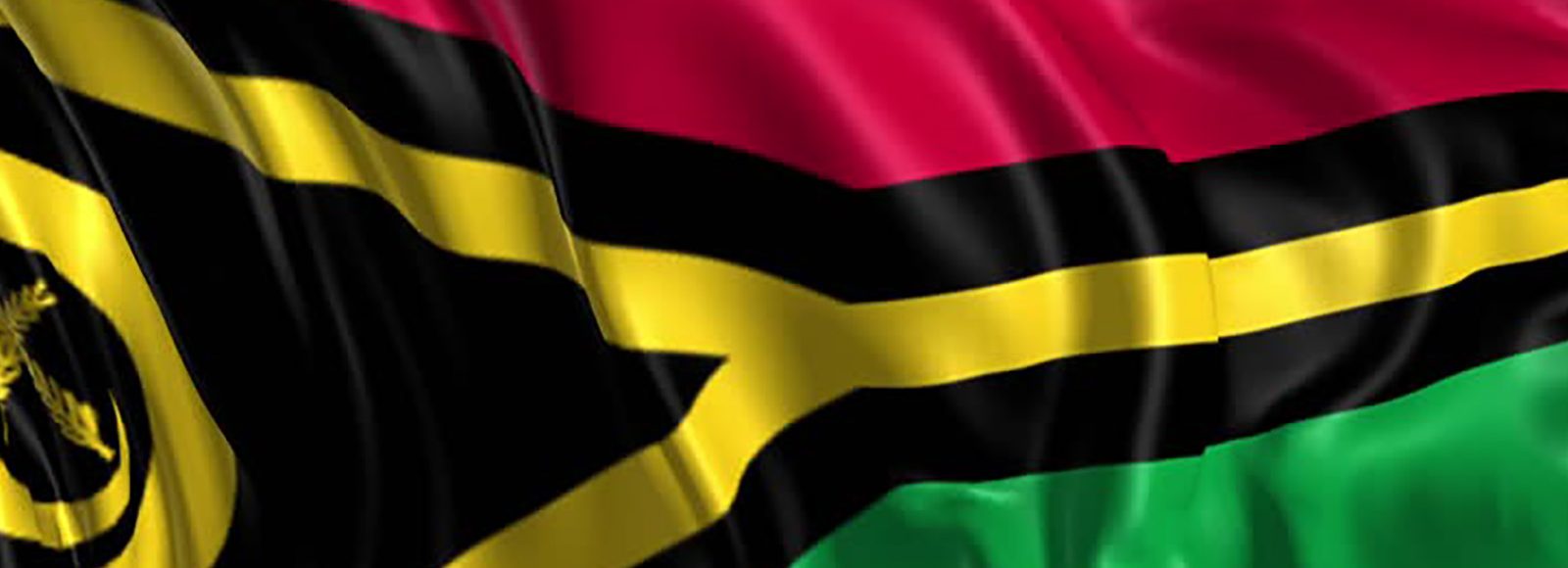Least developed countries (LDCs) are low-income countries which face severe structural impediments to sustainable development making them highly vulnerable to economic and environmental shocks combined with low levels of human assets.
The United Nations Committee for Development Policy (CDP) reviews the list of LDCs and makes recommendations for graduation based on a countries income, human assets, and economic and environmental vulnerability. Each of the three criteria are measured using key indicators which reflect long-term structural handicaps.
Vanuatu was recommended for graduation from the LDC category in 2012, having met the graduation thresholds for human assets and income in three triennial reviews, where a country typically qualifies for graduation from LDC status if it has met the graduation thresholds for at least two of the three criteria in at least two consecutive reviews. After being granted an extension in 2015 following the devastation of Cyclone Pam, Vanuatu officially graduated on 4 December 2020 becoming the most recent LDC graduate. Vanuatu is now officially classified as a developing country.
Globally, there are still 46 LDCs – 13 of which are Commonwealth countries – with only eight LDCs graduating since 2000. After the graduation of Samoa in 2014 and Vanuatu in 2020, there remain three LDCs in the Pacific region, all Commonwealth countries – Kiribati, Solomon Islands and Tuvalu with Solomon Islands scheduled to graduate in 2024.
Vanuatu’s GNI per capita is estimated to be $2913 in 2020, more than 2.5 times the graduation threshold of $1230. The standardised Human Assets Index (HAI) – a composite index of education (secondary enrolment and literacy rates) and health (mortality rate and undernourishment) – score is stable at 77.35, much higher than the graduation threshold of 66 or higher. The standardised Economic Vulnerability index (EVI) – a composite index of economic/trade-related exposure (export concentration, instability of exports, agriculture/fisheries share of GDP) and environmental exposure (remoteness/landlockedness, natural disasters) – score is 39.14 for 2020 and remains above the graduation threshold of 32 or less reflecting that Vanuatu remains highly vulnerable to external shocks, most notably challenges associated with a small island State.
All LDC indicators have shown resilience with limited regression in recent years which is of particular significance for the sustainability of graduation. The Government adopted the smooth transition strategy to address development challenges in the progress of graduation, particularly in the area of environmental vulnerability.

